Rabindranath Tagore: The Legacy of a Literary Maestro
Exploring the Life, Works, and Enduring Influence of India's Renaissance Man
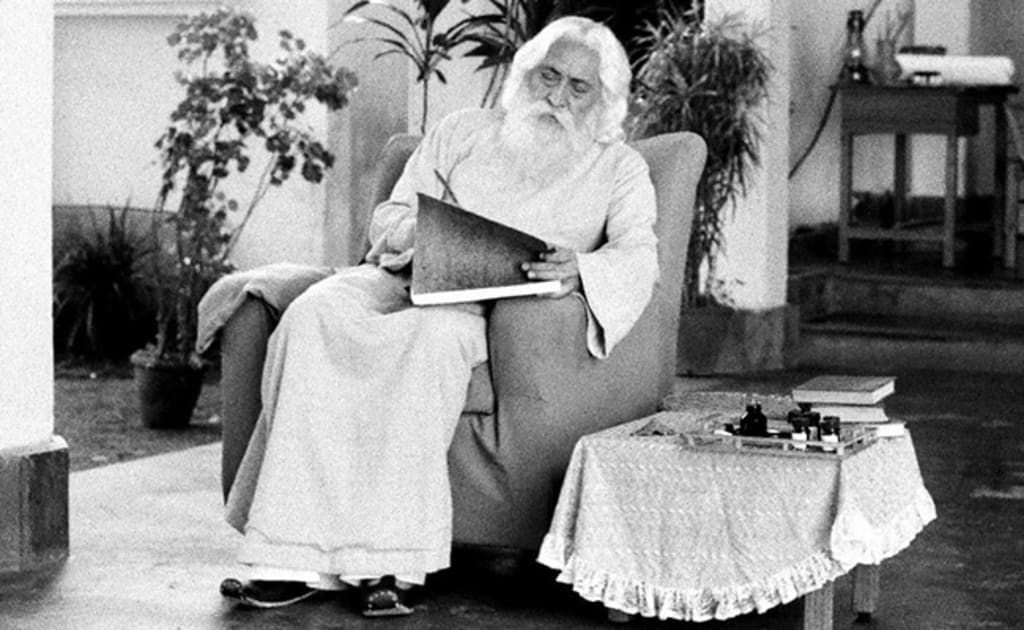
Rabindranath Tagore, widely hailed as the Bard of Bengal, stands as an icon of India's cultural and literary heritage. A polymath whose talents spanned poetry, music, literature, art, and social reform, Tagore left an indelible mark not only on the Indian subcontinent but also on the global stage. Born into a prominent Bengali family in the 19th century, Tagore's genius transcended boundaries, earning him the first non-European Nobel Prize in Literature in 1913. This article delves into the multifaceted life and enduring legacy of Rabindranath Tagore, shedding light on his literary contributions, philosophical insights, and advocacy for social change.
Early Life and Education
Rabindranath Tagore was born on May 7, 1861, in Calcutta (now Kolkata), British India, into a family renowned for its contributions to literature, art, and social reform. His father, Debendranath Tagore, was a prominent philosopher and religious reformer, while his mother, Sarada Devi, hailed from a distinguished family of scholars. Growing up in a culturally enriched environment, young Rabindranath was exposed to music, literature, and the arts from an early ag
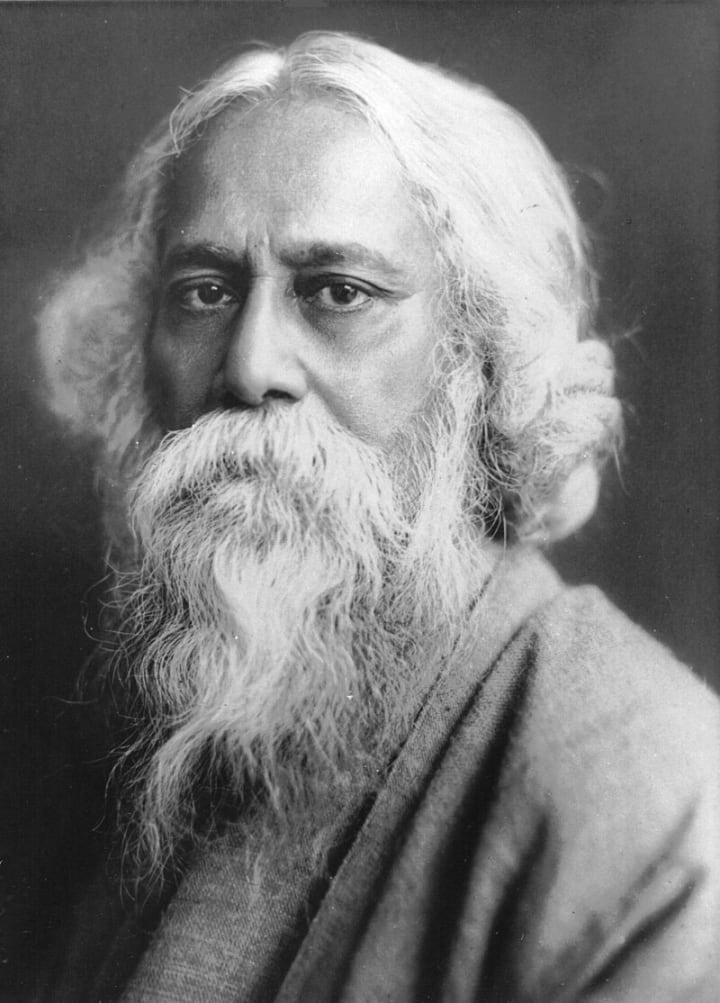
Tagore's education began at home under the tutelage of private tutors, where he imbibed the rich literary traditions of India, including the works of Sanskrit poets and philosophers. He later attended various schools in Calcutta and developed a passion for literature and poetry. However, Tagore's formal education was somewhat unconventional, as he expressed disdain for the traditional schooling system, preferring to learn through exploration and self-discovery.
Literary Career and Contributions
Tagore's literary career commenced at a young age, with his first poem published at the tender age of sixteen. His early works showcased a profound sensitivity to nature, love, and spirituality, themes that would recur throughout his oeuvre. Tagore's poetic style, characterized by its lyrical beauty and emotional depth, soon garnered widespread acclaim, establishing him as a leading figure in Bengali literature.
In 1913, Tagore achieved international recognition when he became the first non-European to be awarded the Nobel Prize in Literature for his collection of poems, "Gitanjali" ("Song Offerings"). Translated into numerous languages, "Gitanjali" introduced Tagore's poetry to a global audience, earning him admiration for his profound insights into the human condition and spiritual consciousness.
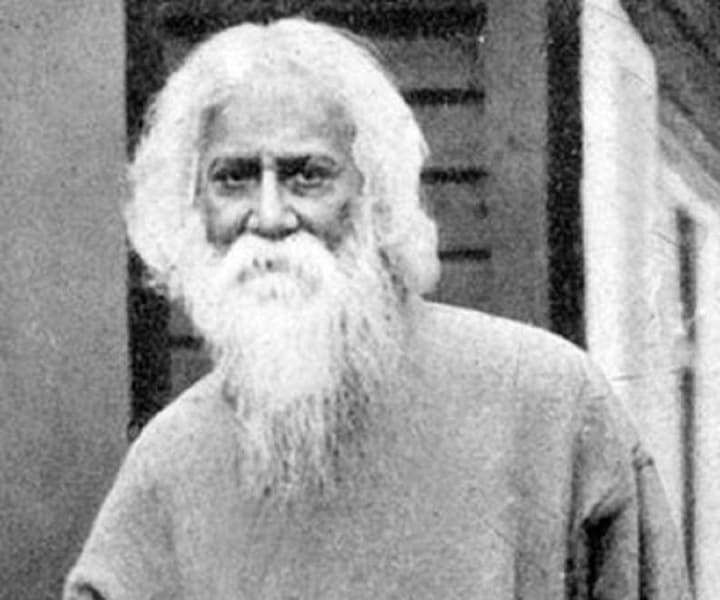
Beyond poetry, Tagore's literary repertoire encompassed a diverse range of genres, including novels, short stories, essays, and plays. His novels, such as "Gora," "Chokher Bali," and "Ghare-Baire" ("The Home and the World"), explored complex themes of identity, social reform, and nationalism, reflecting his deep engagement with the socio-political issues of his time.
Music and Artistic Expression
In addition to his prowess as a writer, Tagore was also a gifted musician and composer. He composed over two thousand songs, known as Rabindra Sangeet, which continue to resonate with audiences in India and beyond. Drawing inspiration from classical Indian music, folk melodies, and Western influences, Tagore's songs are celebrated for their melodic richness and poetic resonance.
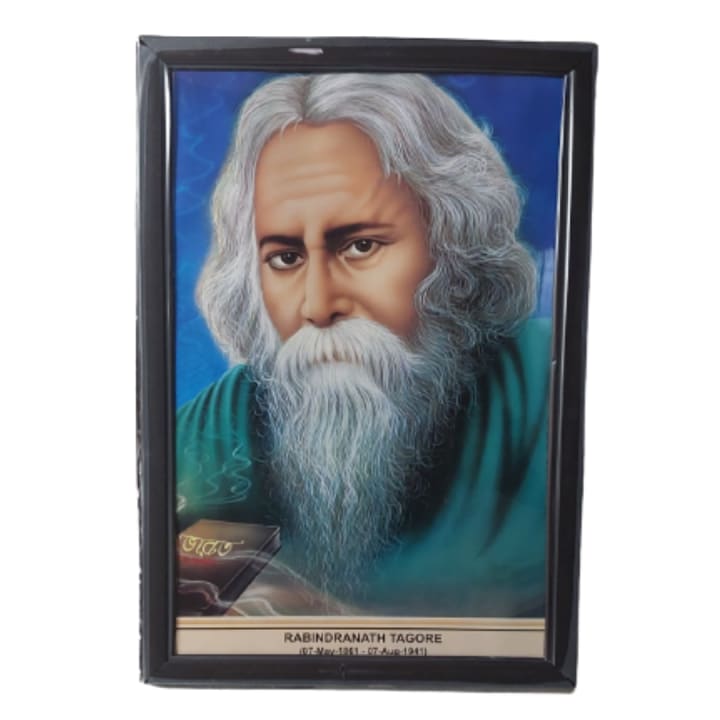
Tagore's artistic endeavors extended beyond literature and music to encompass painting and theater. He was an accomplished painter, with his works reflecting his deep connection to nature and his spiritual worldview. Furthermore, Tagore played a pivotal role in revitalizing Bengali theater, founding the renowned theatrical troupe, "Bolpur Samaj," and pioneering the development of the genre known as "Natyashastra."
Social and Educational Reform
Beyond his literary and artistic pursuits, Tagore was deeply committed to social and educational reform. He established the experimental school, Santiniketan, in 1901, with the vision of creating an educational institution that fostered holistic development and creativity. Santiniketan, which later evolved into Visva-Bharati University, emphasized the integration of arts, humanities, and sciences, embodying Tagore's philosophy of education as a means of fostering individuality and critical thinking.
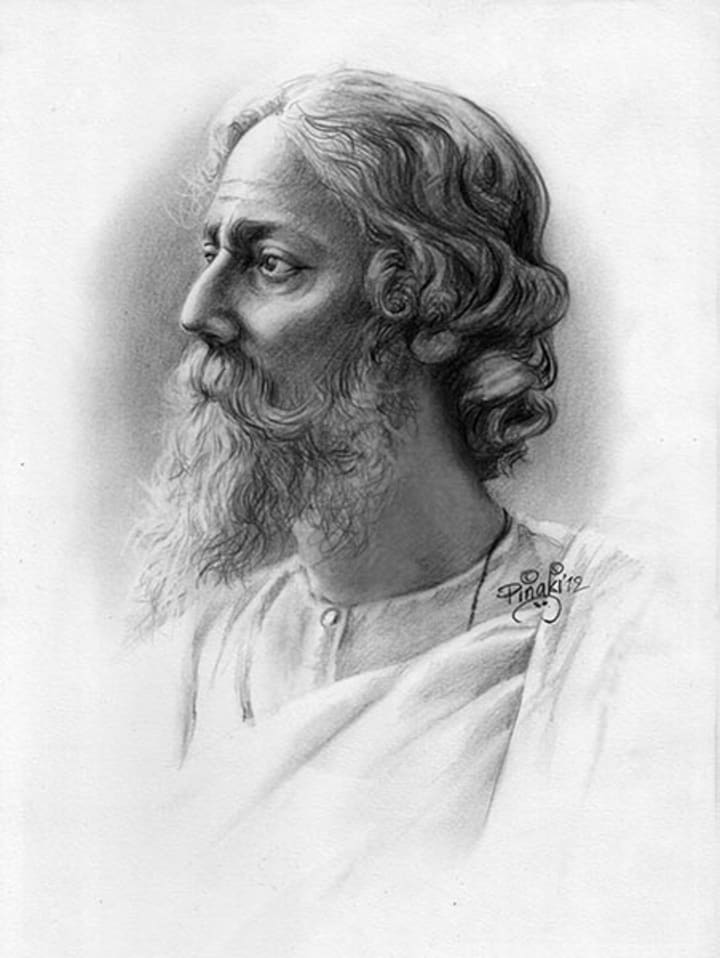
Tagore's advocacy for social reform extended to his critique of colonialism, imperialism, and religious dogma. He was a staunch supporter of Indian independence and voiced his opposition to oppressive systems of governance and social injustice. Through his writings and public lectures, Tagore championed the ideals of universalism, humanism, and cultural exchange, advocating for a world based on mutual respect and understanding.
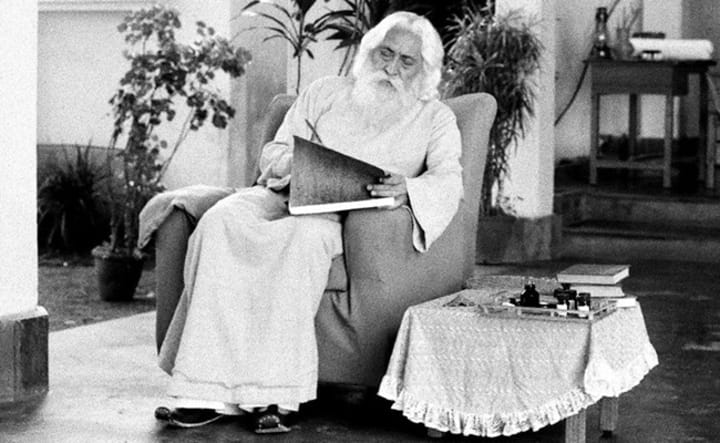
Legacy and Influence
Rabindranath Tagore's legacy endures as a beacon of enlightenment and artistic innovation. His profound impact on literature, music, art, and education reverberates across generations, inspiring countless individuals around the world. Tagore's universal themes of love, nature, and humanism continue to resonate with readers and audiences, transcending cultural and linguistic boundaries.
In conclusion, Rabindranath Tagore's life and works epitomize the spirit of creativity, intellectual curiosity, and social consciousness. As India's Renaissance man, Tagore's legacy serves as a testament to the power of literature and the arts to transcend barriers and unite humanity in its shared quest for truth, beauty, and enlightenment.
About the Creator
MEDIA.COM WORLD
Delivering breaking news, analysis, and insights, your trusted information source."






Comments
There are no comments for this story
Be the first to respond and start the conversation.